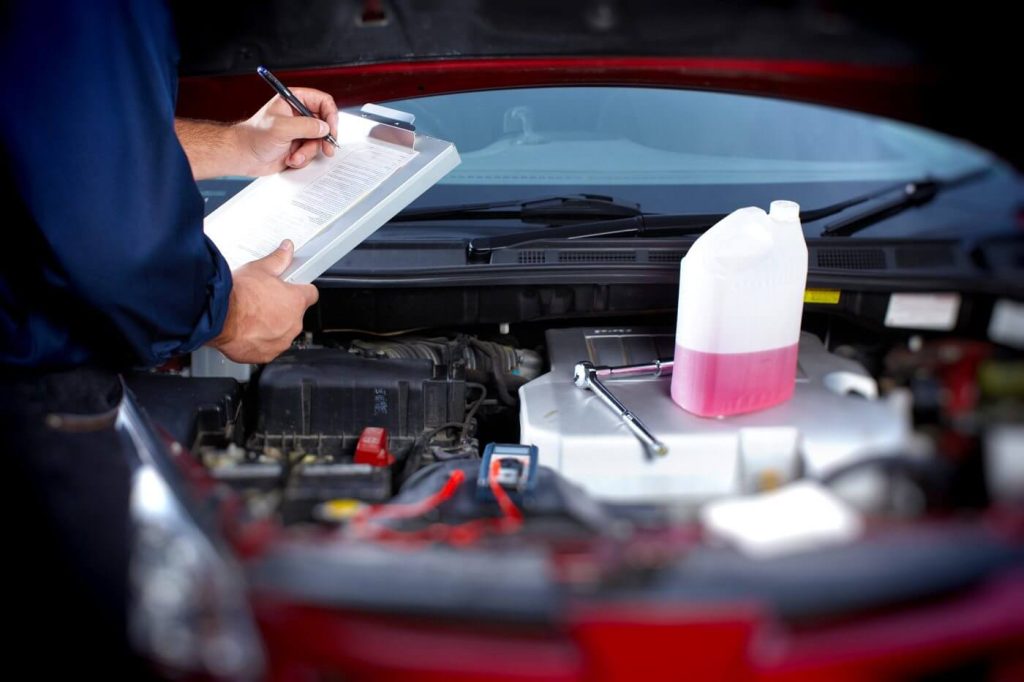Despite the recent headlines about the increase is gas prices due to the Ontario government’s institution of their cap-and-trade program, the price we pay at the pumps is about the average of what it’s been for the past decade. It might be difficult to remember, but it was only a few years ago, in the summer of 2014, that retail car gas prices hit their highest point ever in Toronto, topping out at $1.42 cents per litre in mid-July that year.
But by the end of 2014, prices had dropped dramatically to 89 cents a litre and they’ve bounced up and down since, ending up today at just about where they were 10 years ago, in the spring of 2007, at just over a dollar a litre.
But just because gas prices are not unusually high doesn’t mean you can’t save a significant amount of money by taking steps to reduce how much gas you burn. Just keeping your car in tune can reduce fuel consumption by 30%. If you fill up a 60 litre tank once a week, that’s over $1,000 in savings every year.
And you’ll save more than money. You’ll help save the environment too. Few drivers know just how much carbon their car’s gasoline engine pumps into the atmosphere. Over 5 pounds, or 2.2 kilograms of carbon is released into the air for every litre of gasoline burned. For that 60 litre tank, that’s over 300 pounds, or 136 kilograms of carbon per tank.
So the pay off in improving the fuel efficiency of your car can be felt in your wallet and in your lungs. With the busy summer driving season coming up, we thought we’d look at just a few steps you can take to reduce how much gas you burn every time you drive.
1. KEEP THE HOSE IN THE TANK FOR LONGER
We thought we’d start off with one that a lot of drivers might not consider. You have paid for all the fuel that spills from the gas pump nozzle when you pull it out of the gas tank. So those drops that are hitting the ground are literally wasted money. And they can amount to more than just a few drops. Studies show that as much as a quarter-cup of gas can be lost when you don’t leave the nozzle in long enough to let all the gas drain into your tank.
2. ‘CRUISE’ ON DOWN THE ROAD
Car’s burn less gas when they are in cruise control (CC) on the highway. That’s because the CC is regulated by a computer chip that keeps acceleration rates to a minimum and generally drives at a more even pace than we humans. You can save about 6% of fuel consumption by using CC on the highway.
3. AVOID IDLING
If your car is stationary with the engine running, you are getting the worst possible gas mileage, which is ‘zero’. While it’s illegal in Toronto to keep your engine idling for longer than three minutes, you might need to do so when it’s cold outside. But at any other times, turning off your engine whenever possible will save a lot of wasted cash.
4. TRY NOT TO GET CAUGHT IN RUSH HOUR TRAFFIC
Yeah, right! Of course no one goes out looking for a traffic jam, but when you realize how much gas you’re wasting, you might try to avoid them even more. Your car burns gas at a far higher rate under acceleration than it does driving at a constant speed. If an ‘average’ rate of fuel consumption is 10 litres per 100 kms driven, you could be burning 50, 60, 70 litres per 100 kms – or more – at times during each acceleration, depending on how quickly you accelerate. And then there’s the idling you’re doing between bouts of acceleration and braking. Avoiding stop-and-start traffic will cut your fuel burn and reduce wear and tear on your vehicle.
5. TUNE-UP YOUR CAR & DO REGULAR MAINTENANCE
We told you earlier that tune-ups can mean a 30% increase in fuel economy. And if you drive more in the summer, as most of us do, then the spring time is a great time to tune your engine. Be sure to change your air filter when you do, especially if you’ll be driving in dusty conditions. A cleaner filter lets more air get into the engine for better fuel mileage.
Also, as part of your regular maintenance, quickly check you battery cables for corrosion, which can make your alternator work more and reduce your mileage. Clean the connection points regularly.
In Part 2 of ‘How to Save on Fuel Costs this Summer’ we’ll show you five more ways to burn less gas, including being a smoother driver and the tips that your Owner’s Manual offers.

